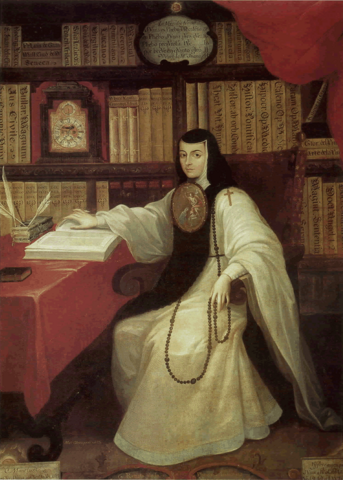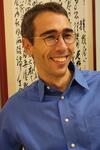HUMS 024, Six Pretty Good Poems

Course Description:
This seminar, part of the “Six Pretty Good Ideas” program, serves as an introduction to the Humanities. The course considers the way that poetry, across cultures and historical eras, allows authors to navigate the relationship between the universal and the particular. We will read six poems that are considered among the best in their respective, very different, cultural traditions. We will also make extensive use of Yale’s rich manuscript archives, historical object collections, and art galleries, and we will devote sustained attention to improving academic writing skills. Friday sessions alternate between writing workshops and field trips to Yale collections.
Enrollment limited to first-year students. Preregistration required; see under First-Year Seminar Program.
1.5 credits for Yale College students
Led by:
 |
Professor Lucas BenderI am a scholar of Chinese literature and thought, specializing in the medieval period (roughly 200 CE through 1100). I am most interested, these days, in the question of what positive conclusions we can draw from the vast amount we don’t know. This theme is at the core of my first book, on the Tang poet Du Fu 杜甫 (712–770), and it is also central to my second book project, on the much-remarked but little-studied “pluralism” of medieval China. I am also interested in the question of how the medieval Chinese tolerance for obscurity eventually gave way in important cultural arenas to a more optimistic account of our capacity for knowledge. In exploring these questions, I focus primarily on the intersection of thought and literature. Literary and poetic forms seem to me (and seemed to important Chinese writers, like Du Fu) particularly well suited to navigating a world we do not always understand. At the same time, however, the obscurities of the world and of ourselves were also important themes in all of the major strands of medieval Chinese thought, from Xuanxue 玄學 (“Obscure Learning”) to Buddhism, Daoism, and even Classicism (or Confucianism). Accordingly, I am interested in the ways ideas from all these traditions are invoked both in literature and in understanding literature. Most recently, I have begun to explore the question of how these traditions thought about each other, how they justified themselves in the sometimes contentious intellectual spaces they shared, and how they related themselves to those obscurities onto which they each claimed a different vantage. In the future, I hope to continue pursuing related issues by exploring how “literature” and “philosophy” came to diverge in premodern China, and what role the tragic character of human life played in differentiating those traditions. At Yale, I am an assistant professor in the Department of East Asian Languages & Literatures and a member of the Executive Committee for the Yale College Humanities Program. In these departments, I teach courses on premodern Chinese culture generally, Chinese literature from the Han dynasty through the Song, Chinese philosophy, and (occasionally) comparative topics. Though the engrossing difficulty of medieval Chinese texts has made me a specialist, I maintain an abiding interest in comparative religion and comparative philosophy, and am always excited to explore possible projects that would expand my horizons in those areas. |